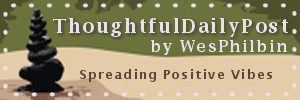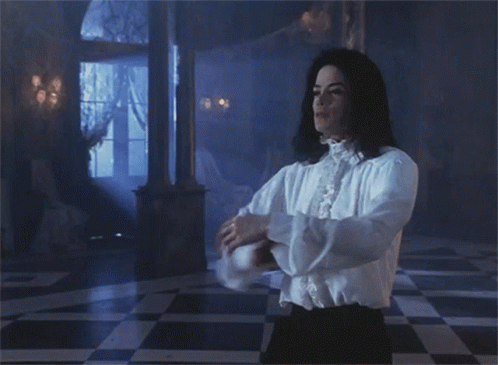
An allegory that transmuted existence
My encounters with philosophy were dormant and numb, until the beginning of my third cycle of university studies. It is peremptory in this dissertation a proem of the circumstances, which fermented my collision with philosophy (if the beginnings were winding, serpentine, and even stormy). Those were the times of university teaching at the medical school, my first steps with undergraduate students. Emotions fluttered everywhere, new contexts to socialize in, and fresh paths to incorporate into the journey, but at the same time, filled with expectations and fears.
The discipline to be taught, Medical Parasitology, with a program that, upon reading it, translated the stiff, disintegrated, and fragmented construction in its genesis. The challenge was wide and heterogeneous, but my main purpose was, without a doubt, to seduce the interest and make our future colleagues aware of the value of this area of knowledge. A curricular unit tarnished in the university corridors, being described as "meager, arid, abstract, tedious and even of little use", in other words, not very accommodating or attractive for the students.
The academic meetings followed one after another, but despite the dedication and love I put into my work, I was not satisfied with my practicum. I did not get what I expected from my students and I am sure that I did not meet their expectations either. I was assiduously reflecting on the questions, piloting in unanswered questions. My teaching training was basic, as well as my pedagogical praxis. I recognized my weakness, and I needed to continue my training, the opportunity came and I began my studies in Educational Sciences.
It was in this formative process that I completed my novitiate in the unruly and mischievous waters of philosophy, many fights occurred, to the swaying of its waves. I read, read again and again, and understood absolutely nothing. I felt out of focus and out of place, my inability to reach its sustenance obfuscated me, and my pessimism rebounded. I stopped for lapses and resumed reading again.
With the intention of finding points of light in the shadows, I traveled in ancient Greece and with it the foundations of Western thought, the masters and their disciples paraded. The baton belonged to Socrates between rhetoric and dialectics, Plato seconded him with his dialogues and Aristotle with his extended reflections, philosophy shone as a lifestyle, as application, action, and way of life, what an exquisite distinction contained in my pages. However, I faced a complex challenge, since my perception had always been formalized in experimentation, the categories of the "verifiable and quantifiable" applicable to the scientific method of the exact sciences.
It was the month dedicated to Plato, our facilitator of the discipline Philosophical Contributions to Education, who assigned us to read Book VII of The Republic (one of his main works), specifically the Allegory of the Cave, and then develop a critical essay of application to life. I began the journey in the letters, succinctly it is the story of some boys already men, who were always chained in a cave and the only thing they visualized were shadows (produced by an external fire and objects carried by men who were outside), that was the only "reality". One of them was freed and went outside, weighed the vicissitudes of light, managed to adapt, and could see the outside truth, with what existed. He returned to tell his companions, but his vision no longer conformed to the darkness, and his companions, chained by fear, preferred to remain in the shadows and not leave the cave.
I read and reread the Platonic dialogue several times and the longed-for light arrived. The breaking point was produced in me, because for the first time, it gave me the opportunity to think in abstraction and not in logic, to move in the leisure of philosophizing. I was imprisoned in the darkness of my cavern for years, thinking that it was my truth, my reality, denying the validity of other knowledge, which deserves to be legitimized in its different aspects. The necessary mental construct arrived, and new ways of perceiving my world flowed with validity and legitimacy. From that moment on, I began to be friendly with my inner self, to reflect in order to understand my emotionality, forms of interpretation were added to the perception of living this existence, in the ontology of being, ennobling my cosmovision.
Thoughtful Thursday Prompt #3
Is there a philosopher whose ideas have impacted your way of thinking? Tell us what material this shift originated from, and how/why it resonated with you.
June 27, 2024
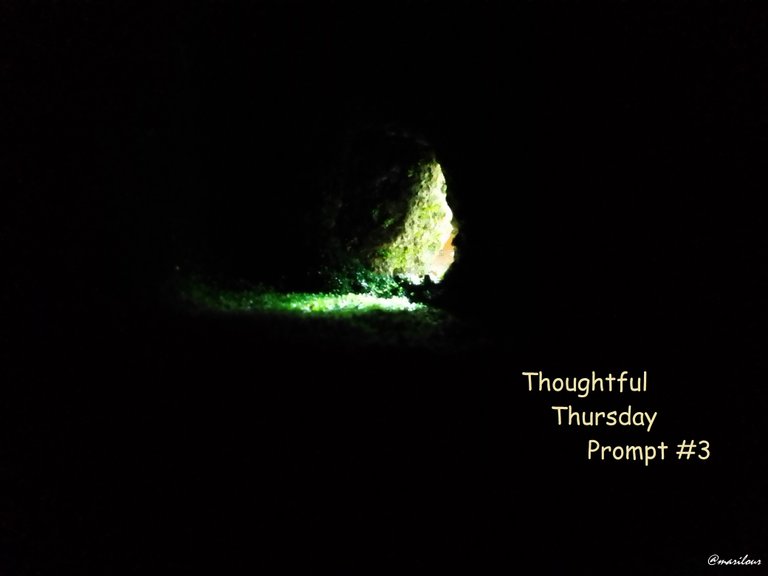

Una alegoría que transmutó la existencia
Mis tertulias con la filosofía estuvieron adormecidas y entumecidas, hasta el inicio del tercer ciclo de estudios universitarios. Es perentorio en esta disertación un proemio de las circunstancias, que fermentaron mi colisión con la filosofía (sí, los comienzos fueron sinuosos, serpenteantes y hasta tormentosos). Eran los tiempos de la docencia universitaria en la facultad de medicina, mis primeros pasos con estudiantes universitarios de pregrado. Emociones revoloteaban, por doquier, nuevos contextos para socializar, frescos caminos para incorporar al viaje, pero al unísono, henchida de expectativas y temores.
La disciplina a enseñar, Parasitología Médica, con un programa que al leerlo, traducía la construcción acartonada, desintegrada y fragmentada en su génesis. El reto era amplio y heterogéneo, pero mi principal propósito era, sin duda, seducir el interés y concienciar a nuestros futuros colegas, en el valor de esta área de conocimiento. Una unidad curricular deslustrada en los pasillos universitarios, siendo calificada de "exigua, árida, abstracta, tediosa y hasta de escasa utilidad" en otras palabras, poco complaciente o atractiva para los discentes.
Los encuentros académicos se sucedían uno tras otro, pero a pesar de la dedicación y el amor que destinaba a mi hacer, no estaba satisfecha con mi practicum, no obtenía lo que esperaba en mis estudiantes y estoy segura de que tampoco cumplía la expectativa en ellos. Cavilaba asiduamente en los cuestionamientos, pilotaba en interrogantes sin respuesta. Mi formación docente era básica, así como mi praxis pedagógica, reconocía mi debilidad, necesitaba continuar en mi formación, llegó la oportunidad y comencé mis estudios en Ciencias de la Educación.
Fue en este proceso formativo, que cumplí mi noviciado en las revoltosas y traviesas aguas de la filosofía, muchas reyertas ocurrieron, al vaivén de sus olas. Leía, leía una y otra vez y no comprendía absolutamente nada. Me sentía desenfocada y fuera de lugar, mi incapacidad para alcanzar su sustento me ofuscaba, el pesimismo repuntaba. Me detenía por lapsos y retomaba de nuevo las lecturas.
Con la intencionalidad de encontrar puntos de luz en las sombras, viajaba en la Grecia antigua y con ella en los cimientos del pensamiento occidental, desfilaban los maestros y sus discípulos. La batuta era de Sócrates entre la retórica y la dialéctica, Platón lo secundaba con sus diálogos y Aristóteles con sus reflexiones extendidas, fulguraba la filosofía como estilo de vida, como aplicación, acción y forma de vida, qué exquisita distinción contenían mis páginas. No obstante, afrontaba un reto complejo, pues mi percepción, siempre se había formalizado en la experimentación, las categorías de lo “verificable y cuantificable” aplicables al método científico, de las ciencias exactas.
Era el mes dedicado a Platón, nuestro facilitador de la disciplina Aportes Filosóficos a la Educación, nos asignó leer el libro VII de La República (una de sus principales obras), específicamente la Alegoría de la Caverna, para luego elaborar un ensayo crítico de aplicación de vida. Inicié el recorrido en las letras, de manera sucinta es el relato de niños ya hombres, que siempre estuvieron encadenados en una cueva y lo único que visualizaban eran sombras (producidas por un fuego externo y por objetos llevados por hombres que estaban fuera), esa era la única "realidad" percibida. Uno de ellos fue liberado y salió al exterior, sopesó los avatares de la luz, logró adecuarse y pudo ver la verdad exterior, con lo que existía. Volvió a contárselo a sus compañeros, pero su visión ya no se ajustaba a la oscuridad y sus compañeros encadenados por temor, prefirieron permanecer en las sombras y no salir de la cueva.
Leí y releí varias veces el diálogo platónico y llegó la ansiada luz, se produjo en mí el punto de quiebre, porque por primera vez me brindaba la oportunidad de pensar en la abstracción y no en la lógica, de transitar en el ocio del filosofar. Estuve prisionera en la oscuridad de mi cueva por años, pensando que era mi verdad, mi realidad, negando la vigencia de otros saberes, que merecen ser legitimados en sus diferentes aristas. Llegaba el constructo mental necesario, fluían nuevas formas de percibir mi mundo con validez y legitimidad. A partir de ese momento comencé a ser amigable con mi yo interior, a reflexionar para entender mi emocionalidad, formas de interpretación se sumaron a la percepción del vivir esta existencia, en la ontología del ser, ennobleciendo mi cosmovisión.
Esta es mi respuesta a la interrogante del
Mensaje reflexivo del jueves N.° 3
¿Existe algún filósofo cuyas ideas hayan impactado tu forma de pensar? Cuéntenos de qué material se originó este cambio y cómo y por qué resonó en usted.
27 de junio de 2024
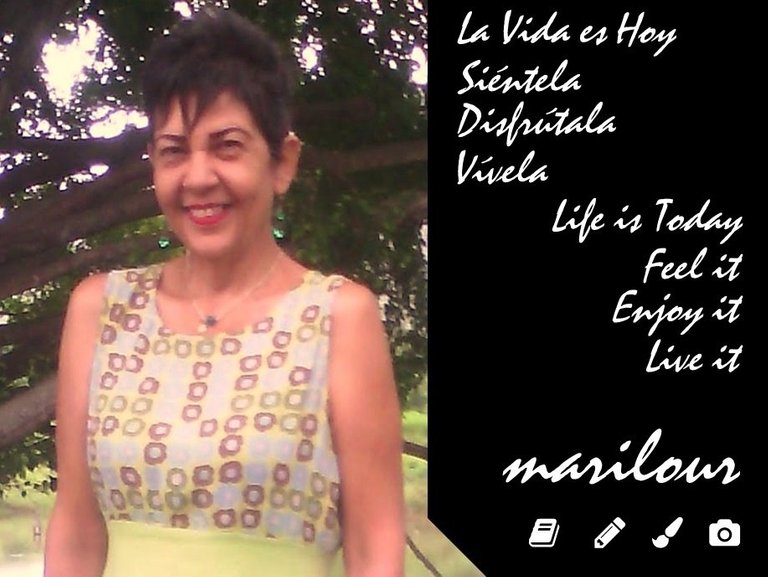

All content is my own unless it is specifically expressed
Translations are done with DeepL Free Edition
Grammar/Spelling checked with Grammarly Free Edition and Google Docs Spellcheck

Todo el contenido es mío a menos que se exprese específicamente
Las traducciones se realizan con DeepL Edición gratuita
Gramática y ortografía revisadas con Grammarly Edición gratuita y Google Docs Corrector ortográfico

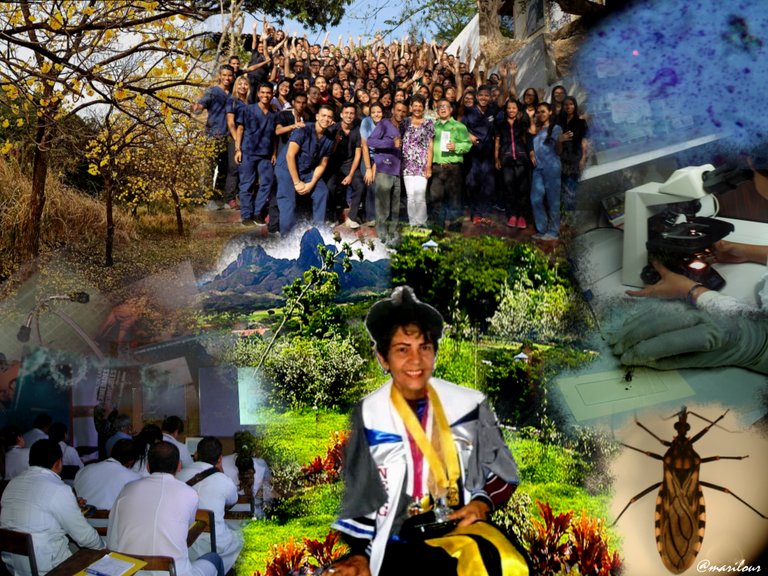

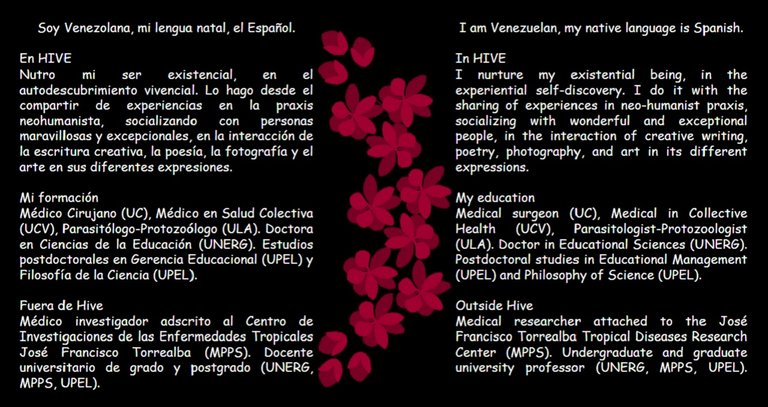





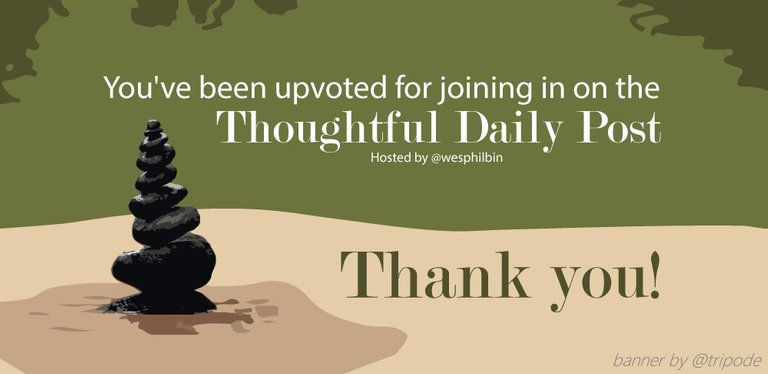
 Wes & Grindan
Wes & Grindan